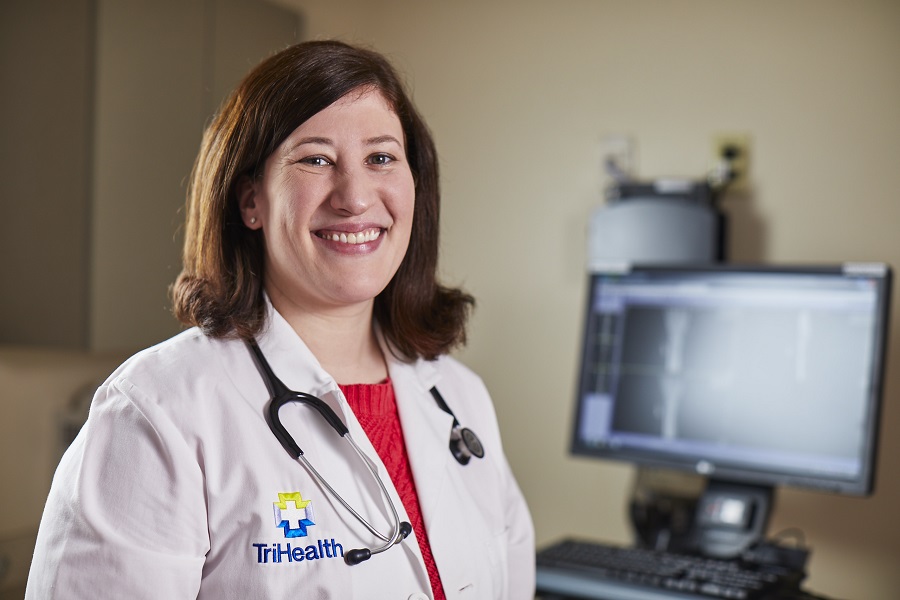Preteen Talk

Puberty?! This is a word that makes all parents a little nervous. Preteen years can come with lots of changes both physically and emotionally. Your TriHealth pediatric provider is here to walk you through these changes with your child. This is why it is important to bring in your child for their annual check-up. During these visits, we monitor all aspects of health including nutrition/activity, physical development, and emotional development.
Nutrition
During preteen years, it is important to ensure that you child is getting adequate intake of protein, calcium, iron intake as well as a balanced intake of fruits and vegetables. Children go through rapid growth spurts during this time during which they have increased growth of bones and increase in overall muscle mass. Girls especially need to have adequate iron intake to account for blood loss when their start their menstrual cycles. Many young people are active in sports. It is important to monitor young people’s calorie intake to account for the amount of physical activity they are doing. Eating habits and physical activity preferences that are developed in childhood and adolescence predict healthy habits as adults. Inadequate calorie intake can lead to delayed puberty development and decreased adult height potential. Excess calorie intake and inactivity can increase risk for heart disease, diabetes and many other health conditions. The American Academy of Pediatrics recommends cholesterol screening between the ages of 9-12 to look for familial hypercholesterolemia. This condition can lead to elevated cholesterol levels despite healthy eating and exercise.
Physical Development
The body goes through many physical changes during early adolescence. Girls see body changes including breast growth, body hair growth, and accelerated height growth. These changes may begin in girls as young as age 8. The average age of menses in US girls is 12. Boys may see facial/body hair growth, growth of male genitalia, voice change as well as accelerated height growth which can start as early at 9. During checkup visits, your provider will monitor physical development of your child to ensure that is progressing as expected for age. It is also important to discuss proper hygiene for preteens as well as their ability to start to monitor this aspect of their health independently.
Emotional Development
As the body goes through many physical changes, adolescents go through emotional changes as well. Hormones can affect how adolescents manage these emotions. Some emotional changes that parents may note include mood swings, increased sensitivity, confusion, uncertainty and self-consciousness. Peer pressure and a want to “fit-in” can factor into some of their decision making. Some preteens may start development romantic interests. As preteens navigate these changes, some young people may develop symptoms of anxiety or depression. Your provider is best suited to help you know how to support your child through these emotional changes and to connect them with behavioral health resources when needed.
Vaccinations
During preteen visits, we also ensure patients are up to date on routine vaccinations per the CDC schedule. The HPV or Human Papilloma Virus (Gardasil) vaccine may be given as young as age 9 and requires 2 doses (6 months apart) prior to the age of 15 years. This vaccine protects against a virus that can cause both male and female genital cancers as well as oral and throat cancers. The Tdap (Tetanus, Diphtheria and Pertussis) and Meningitis vaccines are given at the age of 11 years. We are also able to provide annual Flu and COVID vaccinations as well child visits. As TriHealth pediatric providers, we feel that these vaccines are the best way to protect your child against illness.
We look forward to seeing you and your preteen in the office soon for their annual well child visit. In addition to addressing the health maintenance topics listed above, we are also able to complete any forms or sports physical paperwork you have at that time. Thank you for entrusting us with the care of your child.
Article provided by Denise Warrick, MD, MEd, Pediatrician, Associate Medical Director for Pediatrics